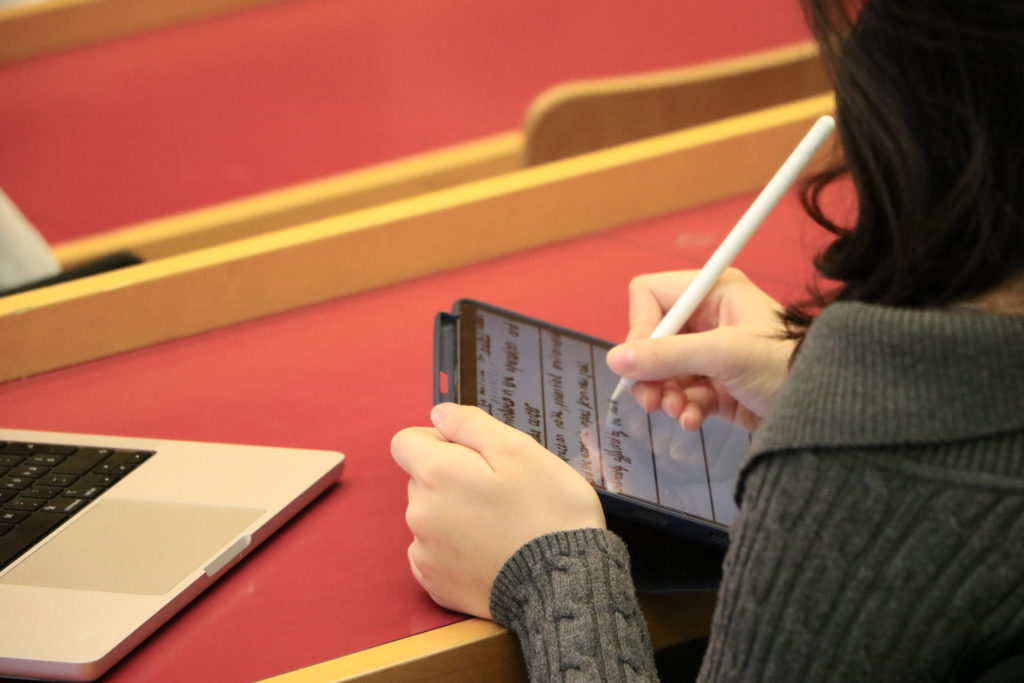Ethical skills for the digital world
While engineers have always had to consider ethical concerns when designing and developing technology, the rapidly changing digital landscape and the exponential evolution of AI raise new questions and pose a new set of challenges.

To address this, the team at the Center for Digital Education (CEDE) draws on the latest approaches in engineering ethics education to develop resources and provide support to help teachers incorporate digital-specific ethical thinking skills into their engineering courses.
The primary goal of this project is to equip students with the knowledge and skills they need to navigate the ethical implications of the digital technologies they will work with in their careers.
By integrating ethical thinking into engineering education, this project aims to foster an approach to technology development that is responsible and sustainable and which factors in the impacts that digital systems can have on society and the environment.
Conducted in partnership with ETH Zurich and UNINE, the project is part of swissuniversities’ “P-8 Digital skills” program, which aims to support the strengthening of “digital skills” in education. It is a continuation of the Computational Thinking development project launched in 2019.
Development of a game-based approach to learn about fairness in machine learning
This educational tool is designed to engage students in a fun and interactive way while also helping them understand the importance of fairness in machine learning algorithms.
The game lets students take on the role of a data scientist making design decisions and allows them to explore the ways in which biases can be inadvertently introduced into a machine learning system.
By playing the game, students learn about the ethical implications of machine learning algorithms and how to design fair algorithms that do not perpetuate existing social biases.
A canvas for integrating ethical reflection into the design process
Designed to facilitate the integration of ethical reflection into the design process, this canvas was developed as a visual guide structured around four ethical principles specific to digital: benefit, autonomy, equity, and privacy. For each principle, the framework leads to the identification of corresponding risks, but also of possibilities to limit these risks.
Evaluated in practical workshops, the framework encourages the development of a practical understanding of ethical issues related to the design or use of digital tools.



